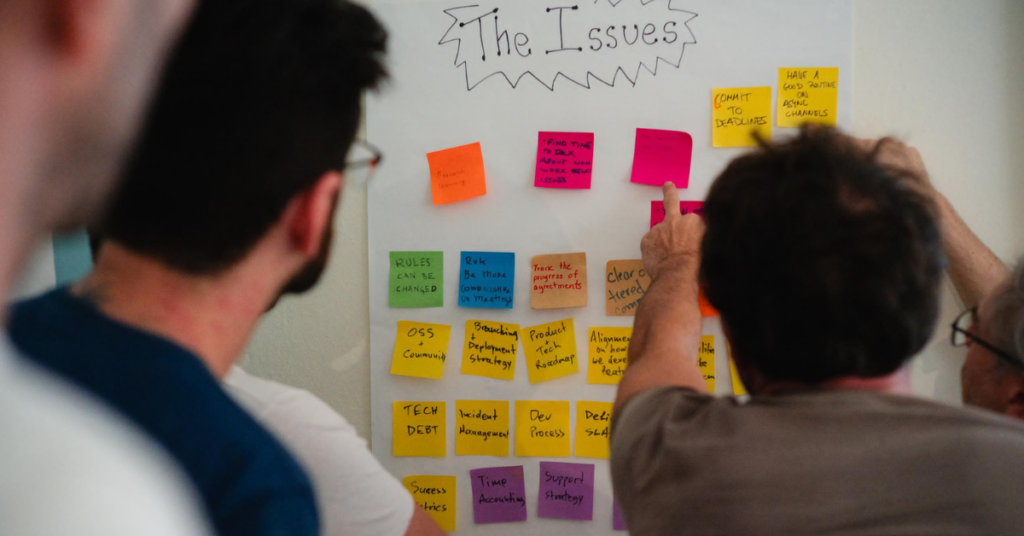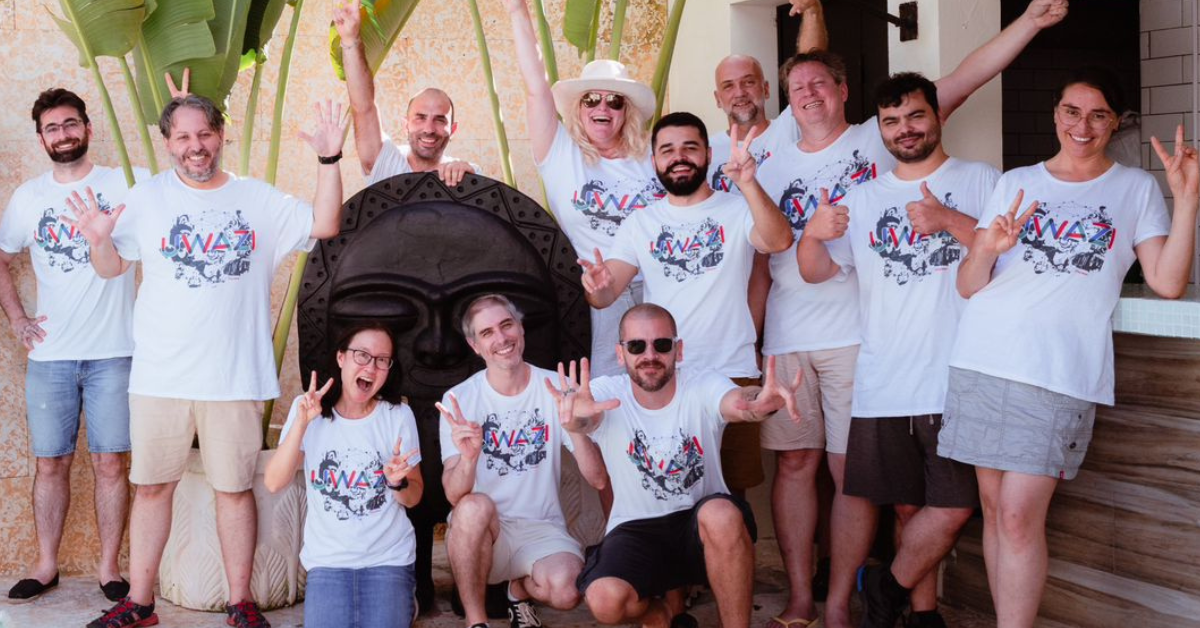In early November the HURIDOCS Tech Team gathered for the first face-to-face retreat since 2019. In the years since that last face-to-face meeting, HURIDOCS developed as an organisation, including going through a significant period of growth. This meant that we had a team who had largely never met each other developing remote ways of working in a field that requires constant communication. In this blog post, I share some of my reflections on what we talked about at this retreat and what we learned. We hope it is useful for other teams in similar situations and would love to hear from you if you have other ideas for facilitating remote teams, building culture and ultimately a happy and productive remote team.
• Finding the balance with face-to-face meetings
Navigating face-to-face meetings when people are used to working from home every day is tricky. Even in the pre-covid world, retreats were exhausting, but in the post-covid world, it is even more true that people’s social batteries run out faster. This can be at odds with the great importance of using all the precious time we have together to make the most of it! The instinct is to pack as much in as possible, but in reality that is going to make the retreat less effective, because people will check out if the balance is not right.
• Autonomy and decision-making across time zones
As a remote team that spans many time zones a lot of our conversations were focused on systems and processes that could help us be more efficient. Our biggest ‘ah ha’ moment was that multi-time zone effectiveness is actually less about processes and more about everyone across those time zones feeling confident and clear in their autonomy in decision-making. One of the hardest things to establish in any role is when you have the authority to make a decision, approve something, launch something to deployment, etc and when you need other’s input, you need manager’s approval, or someone else is better placed to make that decision. I have found that when we are in the office together, even in hybrid models, these issues of authority, autonomy and decision-making come to the surface faster than in remote teams. I also find that if not addressed head-on the tendency is to assume someone else has the authority, that someone else knows how to handle a situation or answer a question better. The problem, of course, is that if everyone assumes someone else can and will do it, then tasks do not get done quickly or worse they do not get done at all.

• Documentation and information sharing are key
This is one of those learnings out of every retreat I have ever been to but it hit particularly hard in this one. We talked a lot about how just because people have access to information doesn’t mean it is accessible. That time needs to be spent socializing information, to not just let people know that information exists but why it is important to them, why they should know about it, how it impacts their work, etc.
• Challenging negative perceptions about staff retreats
I find that we live in a really strange space/time about perceptions of staff retreats. On the one hand we, as with any civil society organisation, are under constant pressure to be the most efficient, to do the most innovative work while on the other hand there can be a perception of frivolity when we do work retreats. There is the perception that these days together, which is always going to be in an exotic place for someone, is just a paid holiday. When in fact, the amount that we spend on retreats is relatively small compared to maintaining office spaces, funding staff relocations to head or hub offices, etc. In person retreats are key budget lines for the health of any remote organization yet it is often the hardest to fund.
• Opportunities for actionable communications and feedback
And a last very obvious one, is leaning into clear, vulnerable and actionable communications and feedback. It is at these kinds of retreats that we see underlying tensions emerge and being face-to-face is the absolute best time to have that conversation you have been worried about, confront assumptions you have been making or you think people have made about you. It is a time to build trust, to listen more or speak more, to learn how others engage, how others learn and share. It is a time to bring the personal to the professional.
